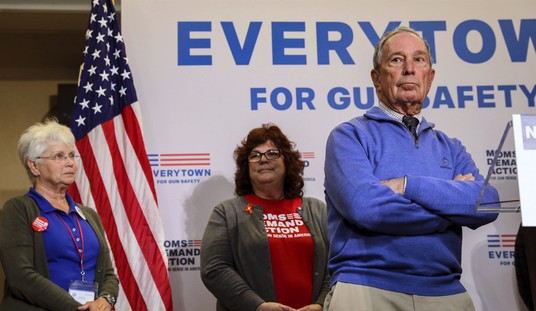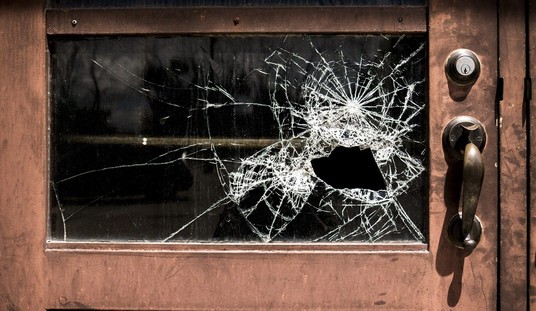Back in March of last year, Wake County, North Carolina Sheriff Gerald Baker announced that he was closing his office to those applying for a pistol purchase permit because of “a significant increase in PPP applicants and concomitant concerns over social distancing violation by long lines of applicants.” That didn’t sit well with many folks, who were in essence being told that their right to own a handgun for self-defense was being delayed, and a woman named Kelly Stafford, who’s a resident in Wake County, took the sheriff to court with the help of the Second Amendment Foundation, Grassroots N.C., and the Firearms Policy Coalition.
Stafford was eventually able to get her pistol purchase permit, but she wanted to continue to lawsuit, and now the federal judge overseeing the case has ruled that the lawsuit can continue as Stafford pursues her claims of damage and seeks to recover attorneys fees.
“While we understand concerns about the coronavirus that erupted at the time,” noted SAF founder and Executive Vice President Alan M. Gottlieb, “one simply cannot suspend the ability of private citizens to exercise their constitutional rights.”
Judge Flanagan’s ruling recognizes that Stafford “has already obtained all the relief she sought in her claim for injunctive relief, and she will not have a need to obtain again a PPP permit.”
“We’re glad Kelly was able to finally get her PPP,” Gottlieb noted, “but that wasn’t the point. The constitution doesn’t take a day off, even in a declared state of emergency. And neither do we.”
The sheriff had sought the dismissal of the lawsuit, noting that his office had reopened in April of last year and arguing that the case was now moot. Not so, said Judge Louise Flanagan, an appointee of President George W. Bush who assumed her seat on the federal bench in 2003. Instead, Flanagan noted that while Baker’s office may be accepting pistol purchase permit and concealed carry applications again, the closing of his office, even temporarily, “does not reasonably fit with the government objective to ameliorate “concerns over social distancing” and “concerns related to the COVID-19 pandemic.”
Nor does a complete suspension in accepting PPP applications reasonably fit a problem of high volumes of permit applications.
Rather, the corrective measure chosen under the facts alleged is at best a blunt, or tangentially related, measure for addressing the concerns noted. Indeed, based on the allegations in the complaint, it is plausible to infer that defendant suspended acceptance of applications due to inability to process a high volume of applicants at a time of acute public need, under the guise of generally articulated “public health concerns.”
While the court recognizes that the challenged action need not “be the least intrusive” means of achieving the government objective, here there are numerous less intrusive alternatives, plausibly inferred, that reasonably could have fit the stated public health objectives without suspending acceptance of all applications.
So, the case will continue in federal court, much to the chagrin of Sheriff Baker. Second Amendment activists, on the other hand, should take heart at Judge Flanagan’s recognition of the right to keep and bear arms and the fact that it doesn’t disappear just because it would be convenient for law enforcement.
“We are pleased with the Court’s appropriate decision to allow this important Second Amendment case to continue and FPC looks forward to holding Sheriff Baker accountable for the constitutional violations he caused last year,” said Adam Kraut, FPC’s Director of Legal Strategy. “As the Supreme Court has recently recognized, even in a pandemic, the Constitution cannot be put away and forgotten. We look forward to vindicating the rights of our plaintiffs and members of the public.”
There are several other legal challenges underway to the delays in processing concealed carry and firearm permit applications around the country, including in Philadelphia and the state of Illinois. These cases are critically important in ensuring that our rights remain intact, even in a state of emergency, and gun owners should be pleased that the challenge to the Wake County Sheriff’s decision to stop accepting applications, even on a temporary basis, will continue.
Editor’s Note: Want to support Bearing Arms so we can tell the truth about Joe Biden and the Left’s radical gun control agenda? Join Bearing Arms VIP. Use the promo code GUNRIGHTS to get 25% off your membership.









Join the conversation as a VIP Member